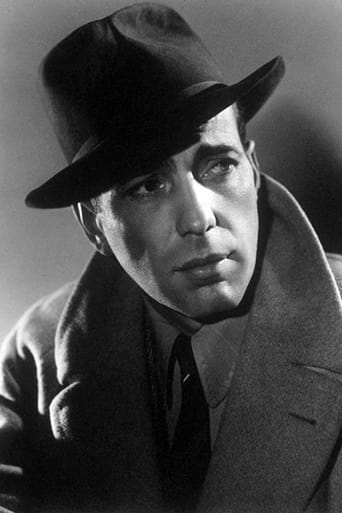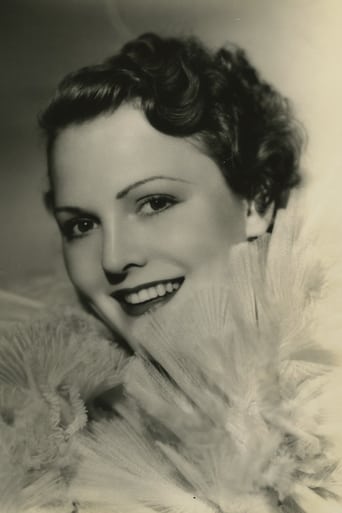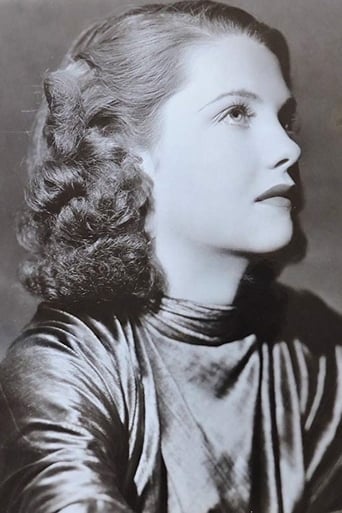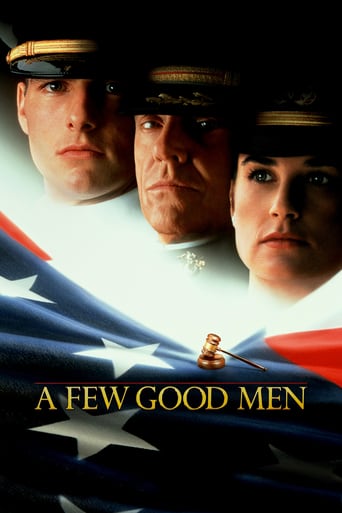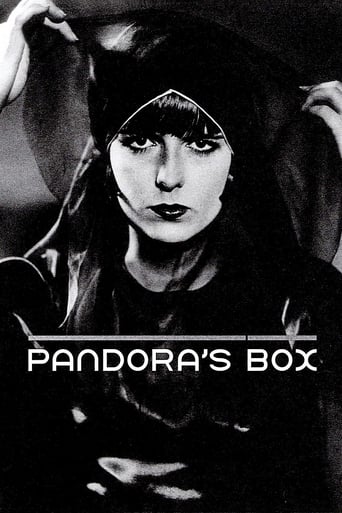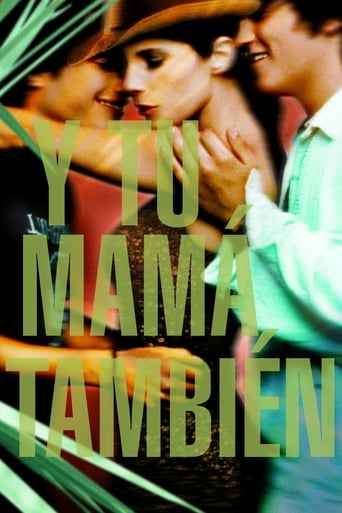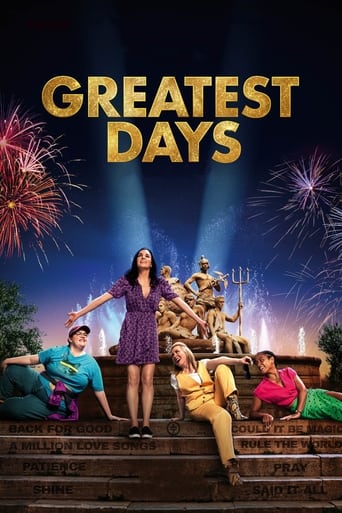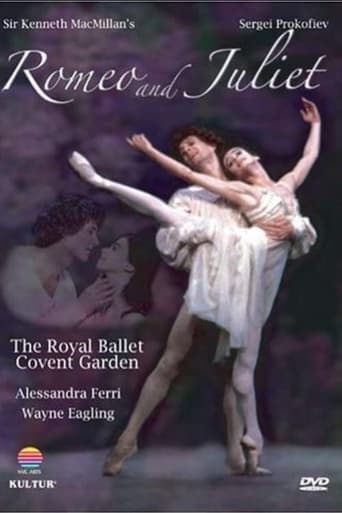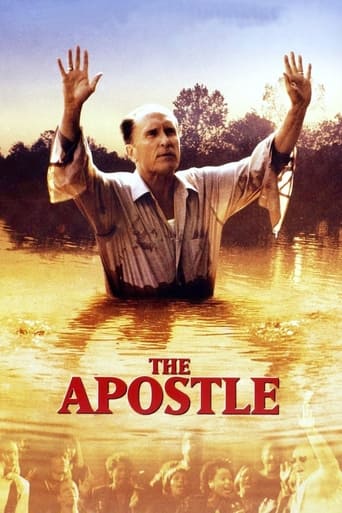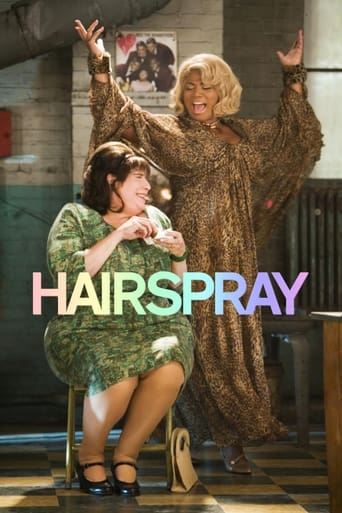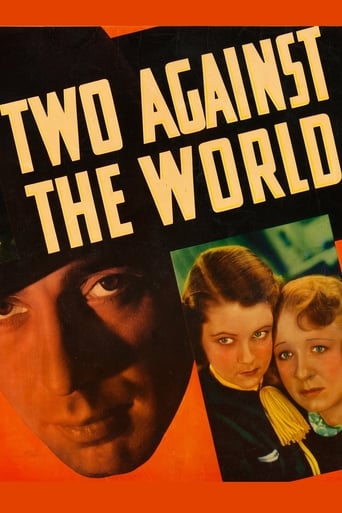

Two Against the World (1936)
Searching for ratings at any cost, an unscrupulous radio-network owner forces his program manager to air a serial based on a past murder, tormenting a woman involved.
Watch Trailer
Cast
Similar titles
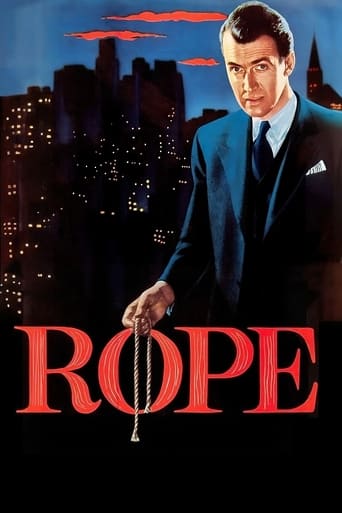
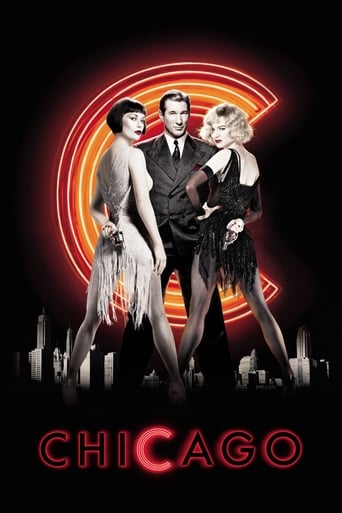
Reviews
I like movies that are aware of what they are selling... without [any] greater aspirations than to make people laugh and that's it.
The film's masterful storytelling did its job. The message was clear. No need to overdo.
Although I seem to have had higher expectations than I thought, the movie is super entertaining.
This is one of the best movies I’ve seen in a very long time. You have to go and see this on the big screen.
I started watching this film, "Two Against the World," then thought I'd seen it, and consequently found out it's a remake of "Five Star Final." It's been a while, but the story is basically the same. Humphrey Bogart plays Sherry Scott, the manager of a radio station. His boss suggests that may he's aiming the programming above the heads of the audiences. "You could sit on a toadstool and be above this one," Bogie sneers. The station owner wants a serial based on a twenty-year-old murder case, in which a woman killed her husband but the homicide was found to be justifiable.The woman, now Edith Carstairs (Linda Perry) at this point is married to a banker (Henry O'Neill) and their daughter (Helen MacKellar) is about to be married to a man from a very good family (Carlyle Moore, Jr.). When the show starts to air on the radio, Edith, whose daughter knows nothing of her past, begs her husband to do something about it. He tries, but to no avail.This film is an indictment against tabloid radio, as opposed to what we have today -- tabloid everything. Bogart is good in a real '30s melodramatic role, and Beverly Roberts has a nice turn as the know-it-all secretary. Linda Perry is sympathetic as Edith.I think "Five Star Final" is slightly better, but this film, for its time, was well done.
FIVE STAR FINAL was one of the best films of the early 1930s. It starred Edward G. Robinson and was a very gritty story about a sleazy newspaper and their willingness to do anything...ANYTHING to sell newspapers. In particular, an old story of an innocent woman is plastered across the pages and helps to destroy her now happy life--many years after she was inadvertently involved in a scandal. The reason I loved the film so much was that it was unflinching and pulled no punches--showing just how low the publishers can be to sell papers.Here in TWO AGAINST THE WORLD, it is a remake of FIVE STAR FINAL--with a few changes. Instead of Robinson, this film stars Humphrey Bogart and he is the head of programming at a radio station, not a newspaper. Otherwise, the story is essentially the same--except that it's a bit less edgy and lacks some of the grit and sensationalism of the original. This isn't to say the film is bad--it just doesn't pack quite as good a punch as the first film. In other words, if you must see one of these films, see the first--though this film is quite powerful and enjoyable as well. As for me, I loved the story so much, I saw both films and enjoyed them both.TWO AGAINST THE WORLD begins with the UBC radio owner complaining to his programming head (Bogart) that all the "high brow" shows he's put on are getting low ratings. The owner demands muck--lots of muck in order to get more listeners. One way they discuss is to do a multi-part dramatization of a famous killing that occurred two decades ago--even though the killer was acquitted and she killed only in self-defense. However, they decide to play up the story as if she was guilty and they even go so far as to both send a writer to the lady's home pretending to be a minister(!) as well as broadcasting her current name and whereabouts. Needless to say, this ruins the woman and leads to a horrible tragedy. Then, and only then, does Bogart feel any real remorse for producing such garbage--leading to a dandy finale about journalistic integrity and decency.Well-acted, a great story idea and a message that is just as important today as it was back in the 1930s, this is one story you have to see. In particular, notice the wonderful and very emotional confrontation scene where the daughter attacks the owner and Bogart---it is one heck of a great example of acting and writing.
Jack Warner was a movie mogul who never let a good story go to waste. After doing an acclaimed version of Five Star Final with Edward G. Robinson four years earlier, Warner Brothers did a cut rate B picture version, shifting the location to a Fox News like radio station.Humphrey Bogart steps into Robinson's role as the programming director of the radio station where the owner has a new idea for ratings. He commissions a dramatization of an old murder to be done as a multi-part serial over several weeks.Helen MacKellar is the woman in question. She killed her husband and a jury acquitted her. Since then she's been living quietly, married again with a daughter. The daughter, Linda Perry, is about to be married to the son of a steel tycoon and she knows nothing about her mother's past. After MacKellar and her husband Henry O'Neill try every means of pressure to bring to bear against the radio station, they fail and tragedy results.If it all sounds melodramatic, take my word for it, it is. Still it has Humphrey Bogart in it and there's a nice performance by Harry Hayden who is the genius behind the program in question. Boris Karloff did the part in Five Star Final, but Hayden is fine as the sanctimonious fraud.Really though for dedicated fans of Bogey.
After a couple years of searching for the Humphrey Bogart film, "Two Against the World", it unexpectedly showed up as a TCM offering under the title "One Fatal Hour", a First National film from 1936. Bogey's character is Sherry Scott, the man who runs WUBC, a radio station whose program lineup is losing listeners. The owner Bertram Reynolds (Robert Middlemass), is a pathetic executive who calls the shots at the station, but hides behind his decisions by pawning them off on Scott.In an effort to boost the audience base and revenues, Reynolds has the idea of reviving a twenty year old murder case, and offering it as a fifteen chapter radio play. Scott enlists the aid of Dr. Martin Leavenworth (Harry Hayden) to write the play and present it on the air.The Pembroke Murder case involved a woman who was acquitted of murdering her husband, the circumstances of which are not made clear. However Gloria Pembroke has married, and is now living as Martha Carstairs (Helen MacKellar), married to a successful banker (Henry O'Neill), and their daughter Edith (Linda Perry) is about to be married (on the same day no less as the radio play is to reveal the identity of Gloria Pembroke). About to be faced with the devastating effects of this revelation, Martha and Jim Carstairs embark on a crusade to have the program stopped. Simultaneously, Edith's future in-laws respond by demanding that the marriage not take place.Without revealing the final outcome, the film takes a devastating turn to jolt the viewer. Edith Carstairs confronts the principals of the radio station, vigorously admonishing Scott and the sniveling Reynolds. While accepting his share of the blame for the outcome, Scott partially redeems himself by quitting his job, firing his secretary, and hauling her out of the office, recognizing her for the conscience he once had. With an entirely abrupt finish, the film leaves one as disoriented and unsettled as any movie that doesn't have a happy ending. With about a dozen films under his belt, Humphrey Bogart gets a chance to take center stage here with intriguing results. With no name supporting players, Bogey rises to the occasion by taking charge in the confines of the radio offices, and runs the show as if it was his own. In an interesting bit of characterization, he expresses his exasperation by crossing his hands over his bowed head, predating by a half dozen years a similar effect we'll see him do in "Casablanca". For Bogart fans, it's a genuine treat to catch an unexpected nuance like this.
